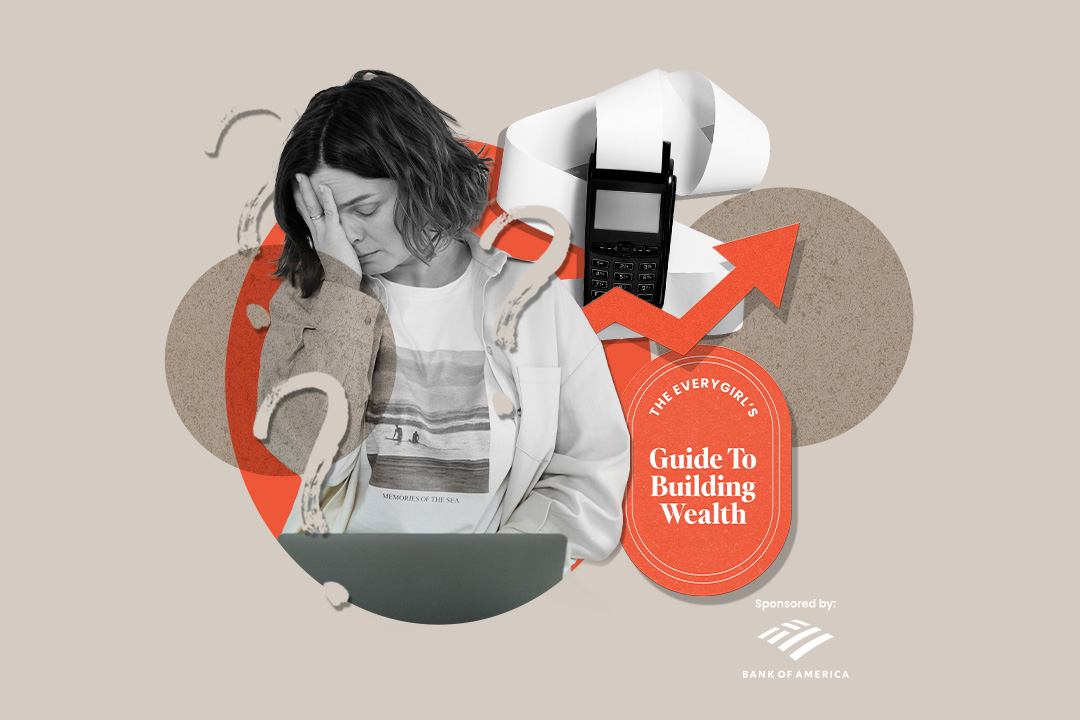Many of us have a daily ritual of starting the day with a comforting cup of coffee. However, recent insights from wellness influencers and health experts suggest that this routine might not be as beneficial as we once thought. Some experts claim that drinking coffee on an empty stomach can have negative effects on our hormonal health, raising cortisol and glucose levels, and potentially leading to issues like acne, bloat, and acid reflux. For instance, nutritionist Olivia Hedlund shared that shifting her coffee consumption to after breakfast resulted in more energy, clearer skin, improved digestion, reduced bloat, and less anxiety.

Heather Davis, a registered dietician nutritionist specializing in neuroendocrinology, has observed in her practice that avoiding coffee on an empty stomach and consuming a protein-rich meal before coffee can benefit many individuals. She notes that most of her clients experienced positive outcomes from altering their coffee routines.
To investigate further, I delved into the claims and research surrounding this topic and consulted with experts to determine if changing my morning coffee habits is truly beneficial or merely another internet trend targeting health. Here’s what I discovered:
What are the potential effects of drinking coffee on an empty stomach?
Blood sugar crashes
Davis explained that consuming coffee on an empty stomach may result in reactive hypoglycemia, causing glucose levels to drop lower after coffee intake, potentially leading to cravings and fatigue later in the day. She suggests that eating before drinking coffee can help stabilize glucose levels and reduce these symptoms.
Digestive upset
For individuals with sensitive stomachs or digestive issues, consuming coffee on an empty stomach can worsen conditions like diarrhea, urgency, and acid reflux. Without food in the stomach, coffee can irritate the digestive system more severely. While having a meal before coffee may mitigate these effects for some, others may still experience digestive disturbances.
Suppressed appetite
Coffee, especially when consumed on an empty stomach, can suppress appetite, which may lead to inadequate nutrient intake and potential health problems. Maintaining a healthy appetite is crucial for nourishing the body throughout the day and ensuring proper energy levels.
Caffeine, particularly for individuals with estrogen-related conditions like PCOS or endometriosis, can disrupt hormones and exacerbate issues like anxiety and insomnia. Those with PCOS have reported noticeable impacts on symptoms from consuming coffee on an empty stomach. It is advisable to avoid caffeine on an empty stomach to assess its effects on hormonal health.
Less energy (yes, really)
Caffeine may provide short-term alertness, but long-term consumption without food can deplete energy reserves and hinder overall energy levels. Starting the day with a balanced breakfast rich in protein, fiber, and healthy fats is essential for sustained energy throughout the day.
Who might be more sensitive to coffee on an empty stomach?
Individuals who are generally sensitive to caffeine may also experience heightened sensitivity when consuming coffee on an empty stomach. Some people, regardless of eating before coffee consumption, may still be susceptible to adverse effects like anxiety, digestive issues, fatigue, cravings, poor sleep, and hormonal imbalances. Understanding one’s tolerance to caffeine is crucial for establishing a healthy coffee routine.
Bottom line: Is it bad to drink coffee on an empty stomach?
While experts have highlighted potential negative impacts of caffeine on an empty stomach, the effects can vary from person to person. Nutrition is individualized, and what works for one individual may not work for another. It’s essential to listen to your body and assess how coffee consumption affects you personally.
Recognizing individual differences in caffeine tolerance is crucial for determining the appropriateness of coffee consumption on an empty stomach. Factors such as genetic predisposition and underlying health conditions play a role in how coffee affects each person. To understand your body’s response to coffee, experiment with different routines and consult with healthcare professionals.
So you need to change your coffee routine… now what?
Exploring variations in your coffee habits can help you find a routine that suits your body best. If you suspect sensitivity to caffeine or wish to adapt your coffee routine for improved well-being, consider the following tips:
Eat a breakfast appetizer
If you’re not ready for a full breakfast immediately upon waking, try having a small snack to kickstart your appetite before coffee. Opt for light options like toast, yogurt, or a smoothie to ease into your morning routine and awaken your hunger.
Wait a few hours to drink your coffee
Timing your coffee intake later in the morning, ideally after your cortisol levels have naturally peaked, can help manage cortisol spikes and prevent energy crashes. Consider delaying coffee consumption to optimize its energizing effects and avoid disrupting your body’s natural rhythms.
Drink something non-caffeinated
If you enjoy a morning beverage other than coffee, explore alternatives with lower caffeine content like cacao lattes, herbal blends, or nutrient-packed drinks. Experimenting with non-caffeinated options can provide a flavorful and nourishing start to your day.
Scale down or take a break from caffeine in general
If coffee consumption continues to cause discomfort, consider reducing caffeine intake gradually or taking a temporary break to assess its effects. Adjusting your caffeine consumption can help pinpoint any adverse reactions and promote better well-being in the long run.






